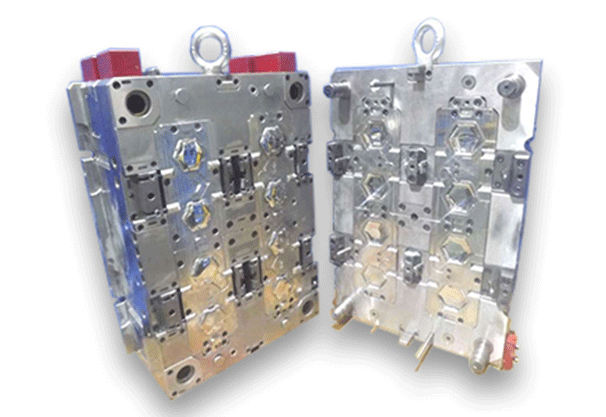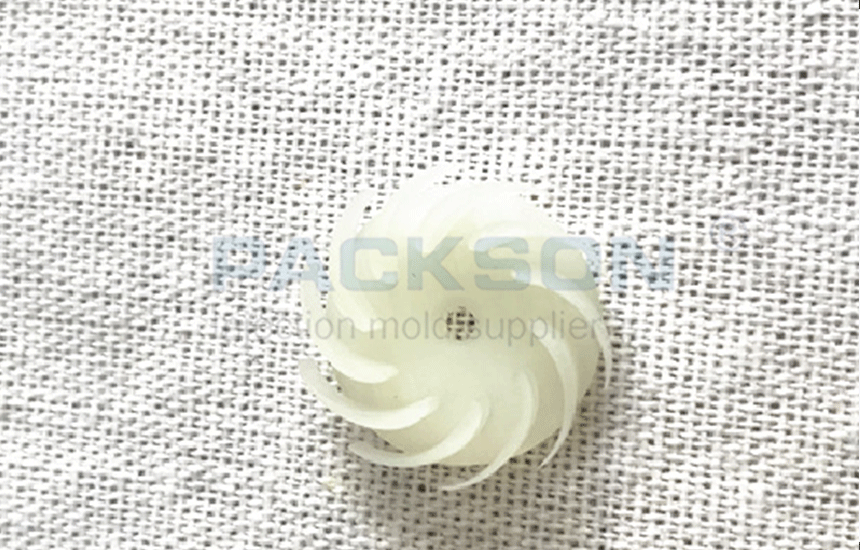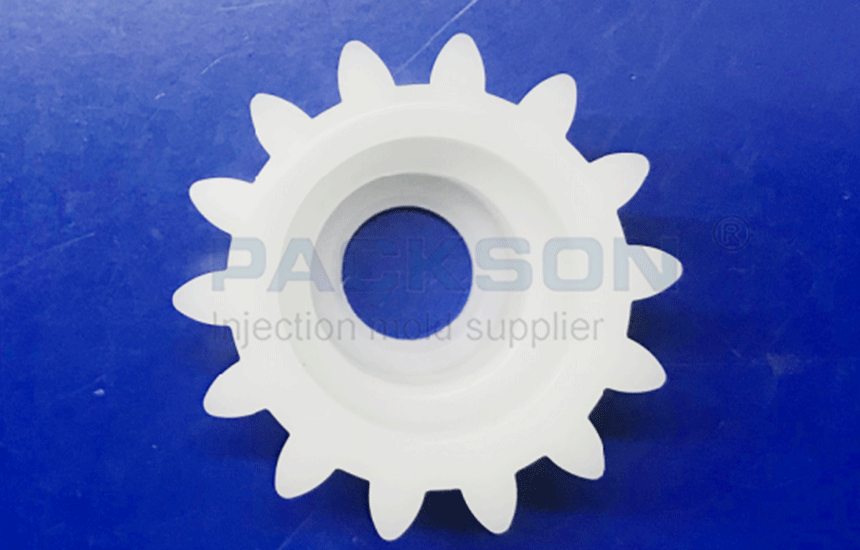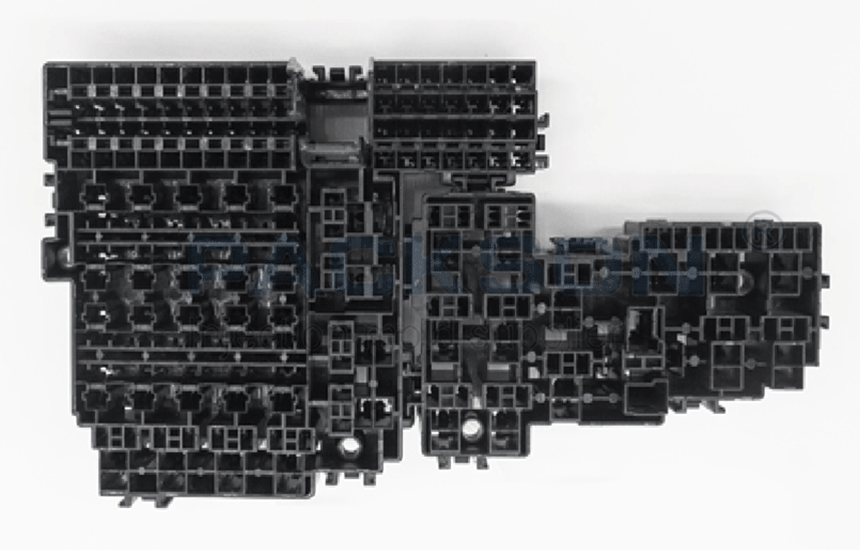At Packson, we specialize in manufacturing custom precision mold components and machined parts that meet or exceed international quality standards, including ISO 9001 and 13485. Our team is dedicated to building custom, durable, high-quality precision mold parts with the spirit of craftsmanship.
We take pride in our precision machining process, which is led by engineers with over ten years of experience. This process enables us to provide our customers with more efficient, high-precision, and economical designs and products. We are committed to delivering precision molds that consistently meet or exceed industry-standard tolerances, up to ±0.005mm.To ensure the quality of our products, we use precise equipment for production and manufacture. We follow ISO 9001 and ISO 13485 quality control processes to ensure that every product meets our high standards. Our world-class production and testing equipment, including KEYENCE, Makino, CHARMILLES, Zeiss, and NISSEI, provides a strong guarantee for the precision of your products.

1. Strength and Toughness: Precision molds and tooling components often operate under harsh conditions, which can result in brittle fractures due to large impact loads. Therefore, it is essential for precision molds to have high strength and toughness to prevent sudden breakage during the working process. The toughness of molds and tools depends on factors such as carbon content, grain size, and microstructure of the material.
2. Fatigue Fracture Performance: High-precision injection mold parts often experience fatigue fracture during operation due to the long-term effects of cyclic stress. This can include multiple small energy impacts, tensile, contact, and bending fatigue fractures. This characteristic of custom molding and tooling depends on factors such as strength, toughness, hardness, and content of inclusions in the material.
3. High-Temperature Performance: When the working temperature of precision molds and dies is high, the hardness and strength of the material can be reduced. This can lead to early mold wear or failure due to plastic deformation. Therefore, it is important for the mold material to have high tempering stability to ensure that the mold maintains high hardness and strength at working temperature.
4. Cold and Hot Fatigue Resistance: Some molds are subjected to repeated heating and cooling during the working process, which can cause the cavity surface to be pulled and stressed. This can lead to surface cracking and spalling, increased friction force, and reduced dimensional accuracy. Hot and cold fatigue is one of the main forms of hot working tool failure.
5. Corrosion Resistance: In some cases, molds may be exposed to strong corrosive gases during operation, such as in plastic injection molding. These gases can erode the cavity surface, increase surface roughness, and intensify wear loss effects. This is due to plastic decomposition that produces elements such as chlorine and fluorine that precipitate HCI and HF.
The success of precision mould includes the following:
Precise control of the mold cavity size
Precision of parting surface
Exact solution of material
Strict requirement for a tolerance
Venting design
Material flowing
Cooling system
Choosing of steel material
Overall excellent tooling design
Packson's quoting system enables us to make quotations quickly by our professional quotation engineer
Send us your part 3D to get your mold and part quote
Confirm quotation and order issues, Packson starts the mold and precision mold parts order process
Making DFM and create processing solution
Tooling design review by Packson engineers
Get approval of the design, Packson start building your injection mold
Customer checks samples for approval
Part mass production begins
As mentioned earlier, precision mould is used for the development of various products. But this technology has really revolutionized the development of lenses in various applications because it allows OEM to manufacture cheaper and stronger glass-free lenses. Glass lenses are very delicate, difficult to manufacture, and expensive, but plastic optical lenses have completely changed the optical industry. Precision molding is used for the development and mass production of precision spherical, diffraction, free-form surface, aspheric, and other types of lenses. It is a high-quality product with a perfect optical surface finish.





Packson, a top precision mould part manufacturer, specializes in both precision and ordinary injection molding.
Precision injection molding, as the name suggests, requires high precision and surface quality of the molded parts. This process has special requirements for the injection molding machine, injection mold, molding process, and molding materials.
On the other hand, ordinary injection molding may not require the same level of precision or surface quality. The choice between precision molding and ordinary injection molding depends on the specific needs of the project.
At Packson, we deliver high-quality precision mould parts, meeting the exact specifications of our clients, regardless of the complexity of your project. Whether you need precision molding or ordinary injection molding, Packson has the expertise to deliver.

Class 8 Clean Room
Class 8 cleanroom injection molding is capable of providing you with high-quality, low-pollution plastic products.
Quality Control
Equiping with precision processing and production equipment, and strictly adhere to the quality control processes of ISO9001 and ISO13485 to ensure quality control.
Professional Engineering
Our professional Mold Design Team provides reasonable solutions that help reduce customer development and tool-making costs.
Precise Manufacture
Our world-class production and testing equipment provides a strong guarantee for the precision of your products.
Project Management
Our Bilingual Project Engineers with many experiences ensure smooth project operations and communication.